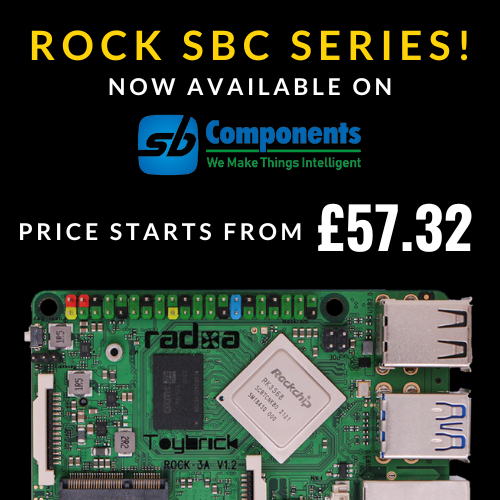The PCBWay custom PCB prototype service is a great way to get your design manufactured and tested at a fraction of the cost. With customPCB prototyping, you can create a low cost, low-time solution for your product’s design. With this method, you can try out your idea without committing to a large-scale production run. In addition, you can get your product into the hands of potential customers quickly and easily.
With this service, you can order parts from our extensive catalog of components and boards. Once they arrive at facility in China, they are placed into production and tested by expert team member. This process allows you to confirm that all of the components fit together properly before they are sent to manufacturing for mass production. When finished, you will receive a high quality prototype PCB with a test suite showing the electrical behavior of your design.
Prototype PCB Service vs. Standard PCB Service
PCB service is becoming an increasingly popular choice for small business owners as a way to save money and avoid the hassles of traditional manufacturing. However, while there are many benefits to choosingPCB service, there are also some important things to keep in mind before you decide on this option.
It’s important to understand the differences between prototyping and standard PCB service. Standard PCB service involves fabricating a circuit board using a traditional manufacturing process, like machining or injection molding. Prototyping involves creating a physical representation of your design using a CAD program, like EagleCAD.
Because prototyping doesn’t involve the complex
manufacturing process that standard PCB service does, it offers many advantages
for small businesses that want to reduce costs and avoid the hassles of
traditional manufacturing. For example, by using prototyping, you can create
more than one prototype at once, saving on the cost of materials and overhead
while still providing your customers with an early version of your product that
they can use to collect feedback.
In addition, since prototypes are often made out of cheapermaterials than their final counterparts, they’re also much easier on your
budget. However, because prototyping doesn’t involve the complex manufacturing
process that standard PCB service does, it offers many advantages for small
businesses that want to reduce costs and avoid the hassles of traditional
manufacturing.
What Are the Benefits of Prototype Circuit Board?
The prototyping is the most important step in the design
process. The prototypes are the first versions of a product. The main purpose
of prototypes is to test out ideas, gather information, and do real-world
testing. Prototypes help validate an idea and can save time and money. They
also provide valuable feedback that can help improve the final product.
Prototype boards are also useful because they can be used to
test out different designs quickly and cheaply. By using a board, you can
easily see how your product would look in different environments. You can even
make changes on the board so that you can get real-world feedback as well.
Prototypes are also useful when making products that need to
work together with other devices or systems like software or electronics. If
you have to integrate these systems into your product, a prototype board will
be important for testing this integration before you go into production.
Prototype circuit board is one of the main items that you
need when you start to build a prototype. This board allows you to visualize
the product and test its functionality. The best thing about this is it allows
you to see if your idea will work as you intended. It also gives you ideas on
what should be improved or eliminated. The main benefits of using a prototype
circuit board can be divided into two groups, advantages and disadvantages.
As advantages: it saves time, money and effort; helps to
increase efficiency and productivity; it gives good feedback on how to improve
the product; serves as a proof of concept and helps with the securing of
funding.
As disadvantages: it may not be as accurate and precise as
an actual production model; may not perform properly with all materials,
boards, connectors etc.; may not be suitable for all products so testing is
required.
















